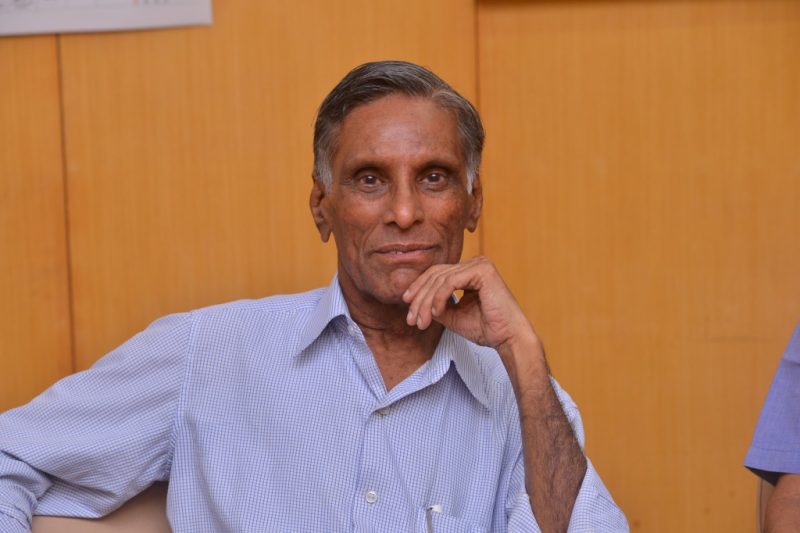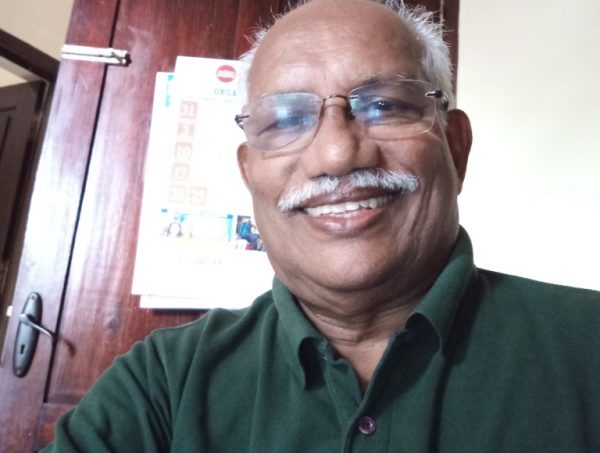DEPARTMENT OF CHEMISTRY
INDIAN INSTITUTE OF TECHNOLOGY MADRAS









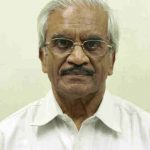
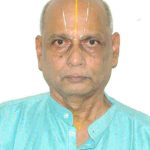

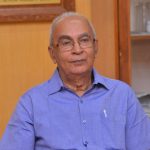
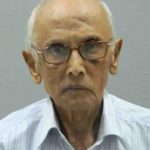


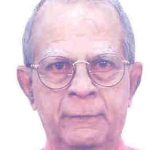

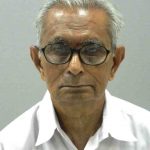



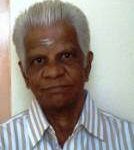

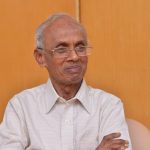


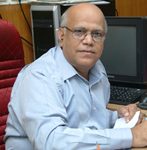
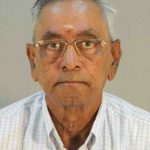


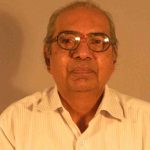
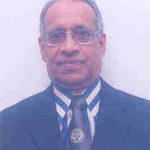

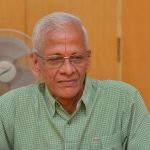

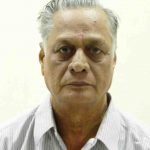

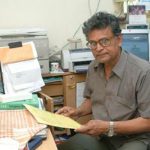
Prior to IIT Madras, Dr. Amrendra Vijay worked at (a) Kobenhavns Universitet, Orsted Institute, Copenhagen (Denmark), (b) University of Texas at Austin, Chemistry Department, Austin (USA), (c) University of California, Chemistry Department, Santa Barbara, CA (USA), (d) University of Houston, Chemistry Department, Houston, Texas (USA) and (e) Observatoire des Sciences de l’Univers de Besançon, Université de Franche-Comté, 25010 Besançon Cedex (France).
Anomalies in the Equilibrium and Nonequilibrium Properties of Correlated Ions in Complex Molecular Environments (M. Sathiya, S. Chakraborty and A. Vijay, PHYSICAL REVIEW E 96, 052133, 2017).
Normal and Anomalous Diffusion: An Analytical Study Based on Quantum Collision Dynamics and Boltzmann Transport Theory (M. Sathiya, S. Chakraborty and A. Vijay, J. Phys. Chem. B 2016, 120, 9608–9620).
Effective Hamiltonians for Correlated Narrow Energy Band Systems and Magnetic Insulators: Role of Spin-Orbit Interactions in Metal-Insulator transitions and Magnetic Phase Transitions (S. Chakraborty and A. Vijay, J. Chem. Phys. 2016, 144, 144107/1–144107/13).
Spontaneous Magnetic Order in Complex Materials: Role of Longitudinal Spin-Orbit Interactions (S. Chakraborty and A. Vijay, J. Magn. Magn. Mater. 2017, 432, 559).
Spin-Orbit Interactions and Magnetic Phase Transitions (S. Chakraborty and A. Vijay, J. Magn. Magn. Mater. 2016, 419, 412–419).

